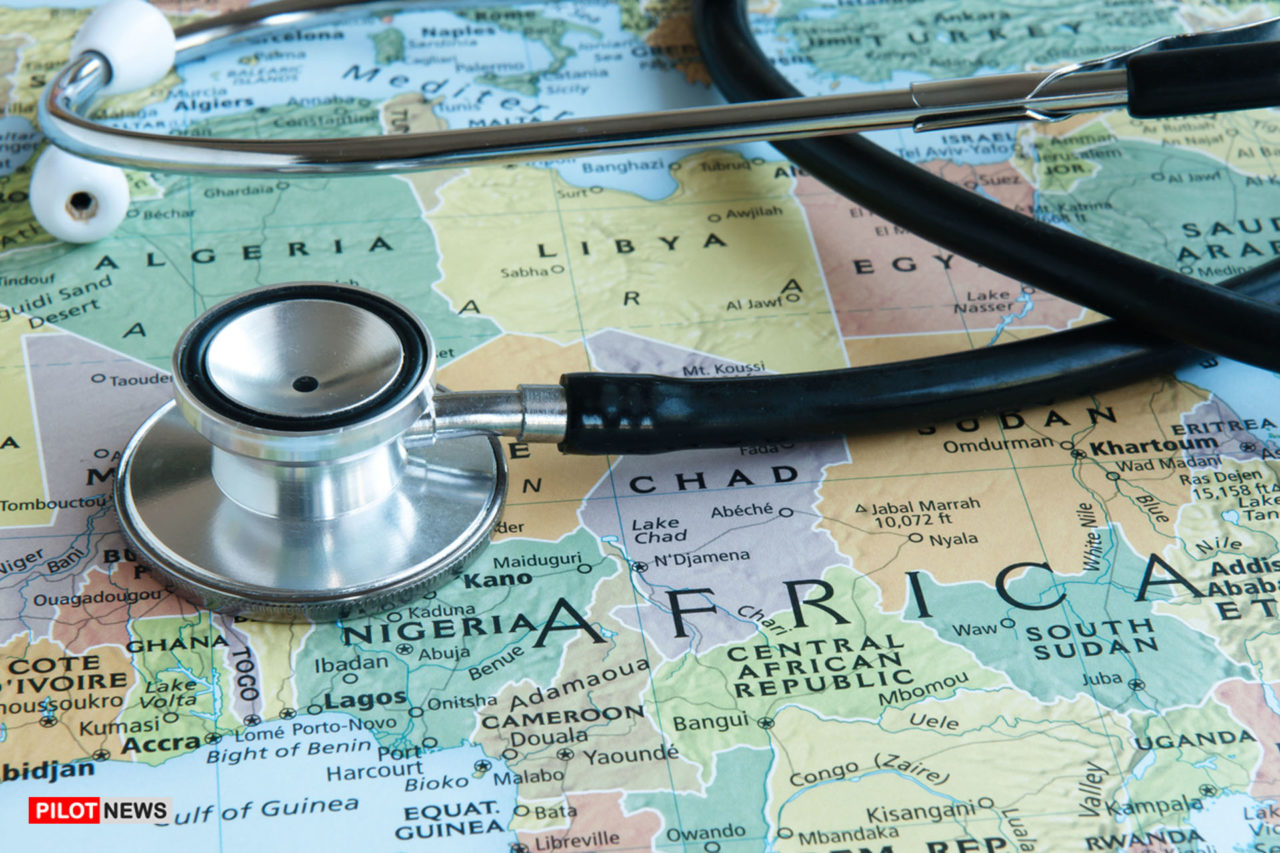There’ve been several reminders in recent weeks about the pledge African leaders made to dedicate 15% of their budgets to healthcare back in April 2001 at an African Union meeting. The pledge is known as the Abuja Declaration (pdf). The reason for those stories or social media posts is that few of these countries have come close to matching that reasonable target and we’re all in the middle of a health crisis.
As Quartz Africa covered last week, many African countries spend more on making debt repayments than on healthcare for their citizens. This pandemic is a wake-up call for leaders around the world, but especially for African leaders. It’s not just because they can no longer go abroad to get medical care, an issue we’ve raised in the past, but because they’ve been so thoroughly exposed by this pandemic.
The lack of established, functioning health systems is more than having high-tech hospitals or the same doctor per thousand ratio as much wealthier countries. While a worthy aspiration this was never likely in the near term. But the fact some systems are not even in a position to be helped tells its own story.
As Harvard’s Efosa Ojomo explained all those articles about Africa’s lack of ventilators were well-intentioned but ultimately moot if the African country didn’t have a health system to ready use them. As if to back up that point, a Kenyan
Senate report found there were only 300 ventilators in the country (more than most African countries) but that Kenya has a “critical shortage” of oxygen supply with which to use the ventilators.
A research paper published last month (pdf) from the University of Ghana/Agenda for International Development looks at the correlation between national health expenditure and citizens’ out-of-pocket spending in 44 African countries. Perhaps unsurprisingly, the more a government spent on healthcare in many cases, the less citizens spent out-of-pocket. The numbers also took into account donor spend.
Only nine of the 44 African countries recorded out-of-pocket health expenditure rates below the world’s average which is 19%. A country like Seychelles was, thanks to government healthcare, around 2% out-of-pocket but in Nigeria it was as high as 75%.
The author Gloria Gloria Afful–Mensah writes, if African governments don’t invest in the health sector, “they have no moral right to appeal for donor support.”
— Yinka Adegoke, Quartz Africa editor


